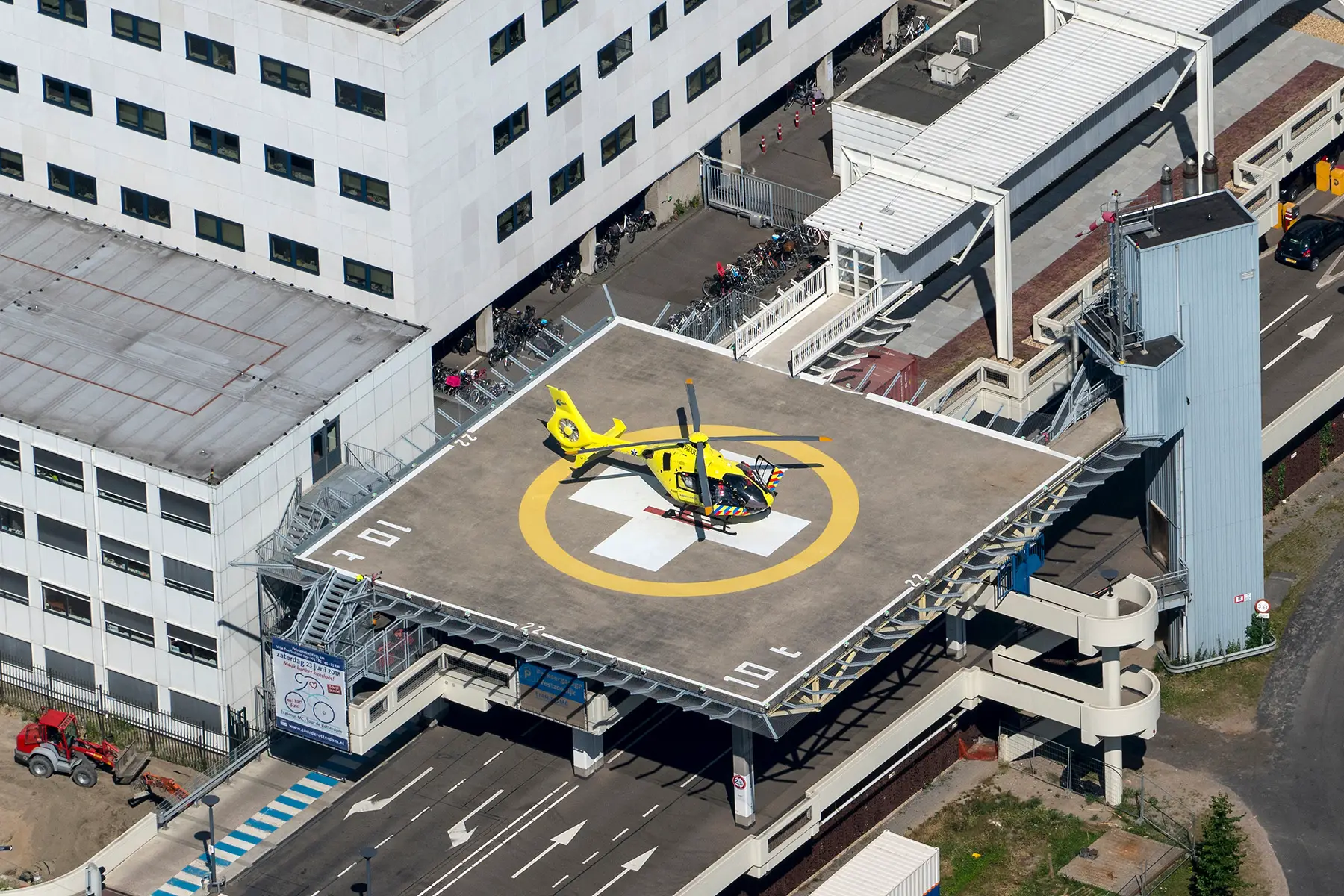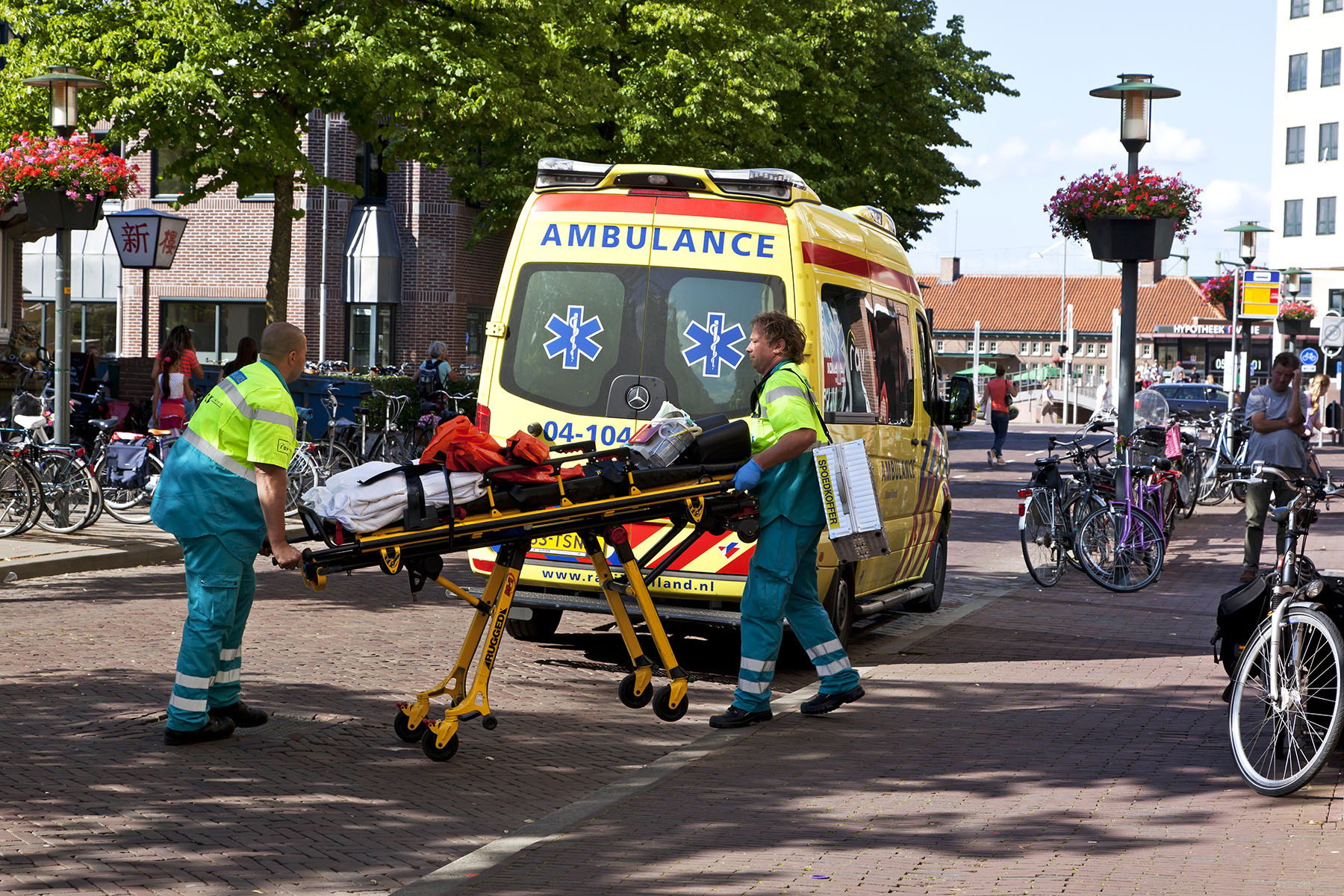When you move to a new country, you’ll navigate many new aspects of life, including the dental care system. This article explains how Dutch dental care works, including how to find a dentist, whether it’s worth getting dental insurance, and what to do in an emergency.
Explore these topics and more in the following sections:
- Dental care in the Netherlands
- Dental insurance in the Netherlands
- Accessing Dutch dental care
- Finding a dentist in the Netherlands
- Visiting a dentist in the Netherlands
- The cost of dental care in the Netherlands
- Children’s dental care in the Netherlands
- Emergency dental care in the Netherlands
- Useful resources
Lassus Tandartsen
Need a dentist? Lassus Tandartsen has three state-of-the-art clinics throughout Amsterdam, offering a wide range of dental treatments. Their expat-friendly team provide services including dental hygiene, restorative and esthetic dentistry, implantology, braces and more. Lassus Tandartsen clinics are open 7 days a week and provide emergency dental treatment for all patients.
Dental care in the Netherlands
The Netherlands boasts a high-quality healthcare system. This is partially funded by the government and partially supplemented by private health insurance providers. Because of this, it is mandatory for all residents in the Netherlands to have private health insurance, which covers basic dental procedures such as annual check-ups, cleaning, and caries treatment.
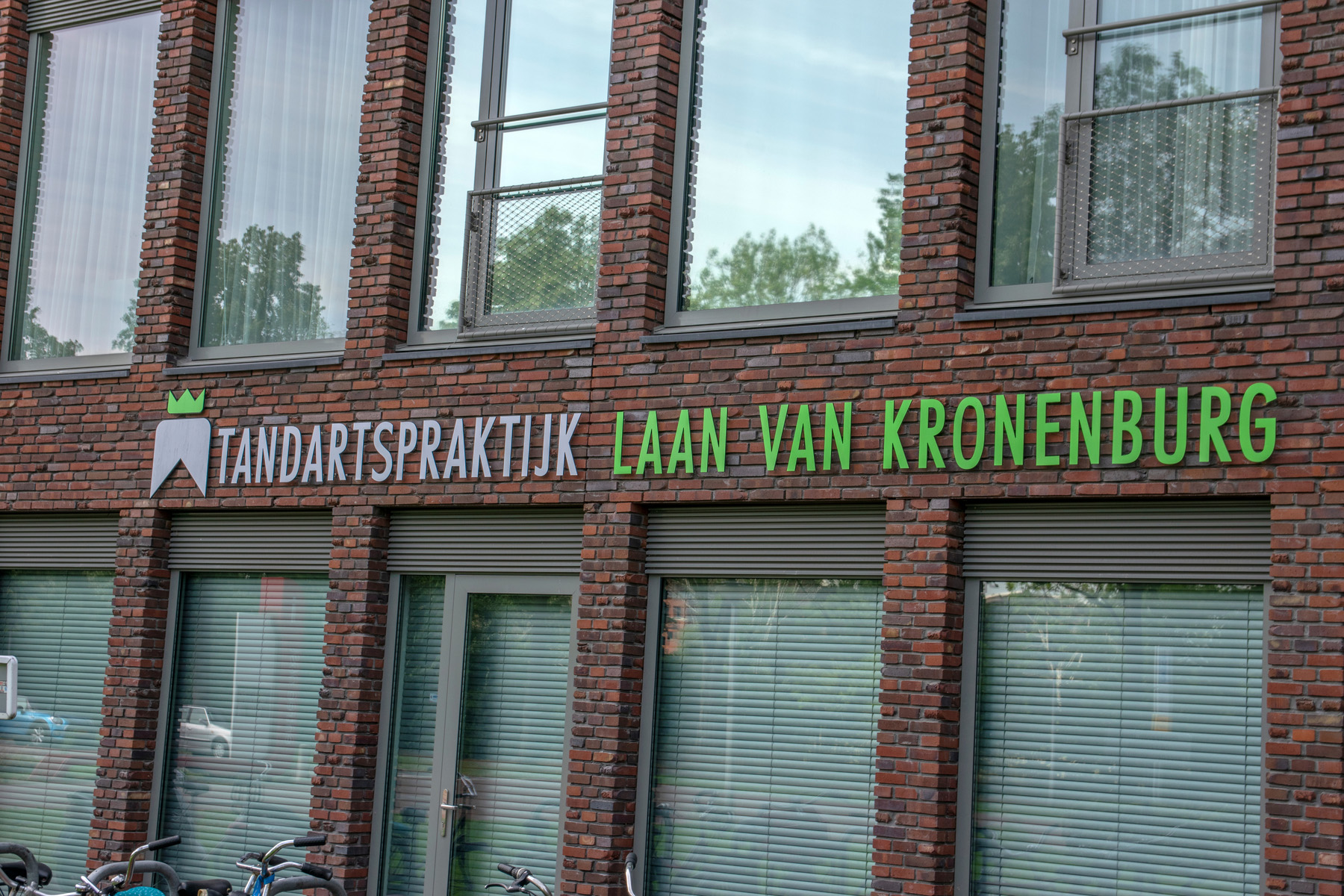
However, for dental services beyond this, you may need supplementary dental insurance. This grants you access to a wider range of services and treatments at subsidized costs.
The quality of Dutch dental care
The standard of dental care in the Netherlands is generally very high. In fact, the country ranked among the top 10 in the OECD’s 2020 Decayed, Missing, and Filled Teeth Index (DMFT): a European ranking of the countries with the healthiest teeth.
There are around 8,000 practicing dentists in the Netherlands, all of which operate privately and are registered with the government. Most practices are modest undertakings that consist of one dentist (tandarts) and an assistant. However, in the major cities, they usually have several dentists, assistants, and dental hygienists, which allows them to diversify their services.
Dental insurance in the Netherlands
As previously mentioned, standard Dutch health insurance covers basic dental procedures such as check-ups, cleaning, and caries treatment. This typically costs between €145.95 to €177.50 per month depending on the insurance provider. However, if you require more serious dental procedures, such as surgeries or implants, it is wise to invest in supplementary dental insurance.
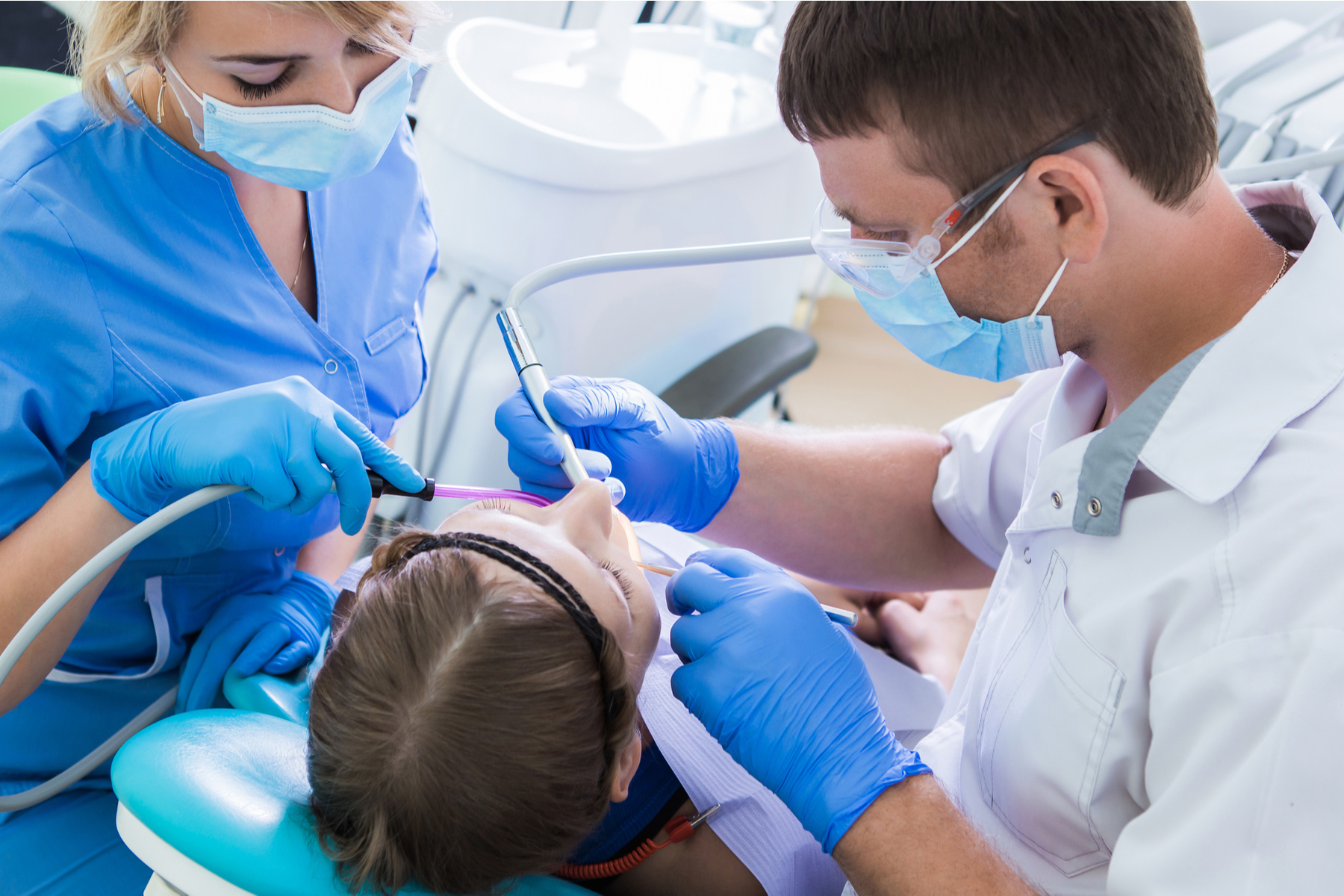
Fortunately, there are several international health insurance providers in the Netherlands, which offer similar policies and prices. Furthermore, most of these offer all their services in English, so nothing is lost in translation. Companies include Zilveren Kruis.
Of course, when signing up for supplementary dental insurance, it is essential that you find a policy that best suits the needs of you and your family. This means doing your research and making sure that you know exactly what treatments are covered and what excess payments you might need to make. This is especially important if you or a family member have any particular dental care needs.
Naturally, the cost of supplementary dental insurance will vary depending on your budget and needs. However, to give an example, when pushing dental coverage to the max, an insurance comparison website will quote an additional €70 to €80 per month. This will grant a 100% reimbursement for up to €1,000 a year. If you want to compare prices yourself, websites such as Independer allow you to do this quickly and easily. You can also visit our dedicated health insurance quotes page.
Furthermore, international health insurance providers offer coverage tailored to expats. They are a great option if you have a coverage gap, plan to travel a lot, or if you are only in the Netherlands short-term.
Accessing Dutch dental care
It is fairly easy to access Dutch dental care. Once you have your Citizen Service Number (burgerservicenummer or BSN) and your health insurance number, you simply need to register with a dentist and make your first appointment.

If you require special dental treatment, such as surgery or implants, your dentist can refer you to a specialist. EU, EEA, or Swiss citizens staying in the Netherlands for less than one year and not working can use their European Health Insurance Card (EHIC) to access dental care in the country. This will grant you the same coverage, costs, and conditions as a local.
Finding a dentist in the Netherlands
While there are many dental practices throughout the Netherlands, they are sometimes full and unable to take on new patients. In 2023, 22% of practices were not accepting new patients, while another 36% were only taking them on under certain conditions.
Therefore, it is important to ask for recommendations within your expat circle and to apply to multiple practices in order to secure a spot.
You can also use search portals such as Tandarts and Doctena to find and register with a dentist in your area. A quick Google search will also show you the practices in your neighborhood.
It is quite common for patients to review dental staff and services publicly, which can be helpful when making your selection. Dentists must also list their prices on their websites to allow patients to choose a dentist that suits their budget.
Finding an English-speaking dentist in the Netherlands
Fortunately, because the Dutch are the best non-native English speakers in the world, finding a dentist who can speak the language is not a challenge. Moreover, the dental assistants and receptionists will likely have a good grasp of it, too.
If you live in Amsterdam, Lassus Tandartsen has several locations in the city which have English, German, and French-speaking staff. Meanwhile, Villa Westhof Tandartsen in Nijmegen welcomes expats and offers same-day appointments. You can also search our Directory to find expat-friendly dentists across the country.
Visiting a dentist in the Netherlands
Once you have registered at the dental practice of your choice, you will be able to make your first appointment. You will normally do this over the phone or through the practice’s website. Generally speaking, you will secure an appointment within a week. However, for emergency services, such as a broken tooth or a pain that cannot wait, you can usually book an appointment within 24 hours.

You bring your ID/passport, BSN, and health insurance number with you to complete registration with your Dutch dentist. It is also likely that someone in the practice will ask you to fill in some other personal information, such as your address and phone number, during your first visit.
After your appointment, the secretary will settle the bill with you and schedule a follow-up if your dentist requests it. You may also receive the bill by email.
The cost of dental care in the Netherlands
The government determines the cost of dental treatments through the Dutch Healthcare Authority (De Nederlandse Zorgautoriteit or NZa). You can easily check with your health insurance provider to find out how much you can expect to be reimbursed once your dentist has provided a quote.
Naturally, dental care costs will vary depending on your particular needs. Because of this, it can be tricky to give a precise indication. However, here are some basic prices you can expect to pay:
- A regular check-up: €28.83
- Making and reviewing small X-rays: €21.24
- Basic dental cleaning: €17.01 per five minutes
- Surface anesthesia: €9.86
There are two important things to consider when it comes to choosing your supplementary dental insurance: the reimbursement percentage and the maximum annual reimbursement.
The reimbursement percentage
The most common supplementary reimbursement covers 75% of your dental expenses. However, you can choose what percentage of the full bill you want to be covered when you sign your policy. Typically, you have the option to have 25%, 50%, 75%, or 100% covered and to set a specific amount as a yearly limit. This will determine the cost of your insurance.

If your dental care is 100% covered, you won’t even see the invoice as it will go straight from your dentist to your insurance for them to pay. However, if your bill is partially covered, you will pay for it yourself in full after your appointment. You can then forward the bill to your insurance provider through their website and they will reimburse you the agreed amount. Providers make all reimbursements by the end of every month.
The maximum annual reimbursement
When choosing your health insurance policy and supplementary dental care, you should check if it mentions a maximum annual reimbursement. This indicates the maximum amount that the insurer guarantees to reimburse you within the year, and is usually around €1,500. If your dental expenses exceed this amount, you will need to pay the additional cost yourself.
Low-cost dental care in the Netherlands
There is one standard of dentistry in the whole of the Netherlands which operates under the same set of rules and with the same insurers. While Dutch dentistry can be considered affordable in relation to the average salary, there is no such thing as low-cost dental care in the country.
However, if are hoping to reduce your dental care costs, you may be eligible for the government’s healthcare allowance. If your salary sits within the minimum wage for your age group, it is possible to receive financial aid for your health insurance. You can visit the Dutch government website to find out if you meet the criteria and apply.
Children’s dental care in the Netherlands
Fortunately, all dental care is free for children under the age of 18 under basic Dutch health insurance. However, orthodontic treatment, which includes braces, is not covered.
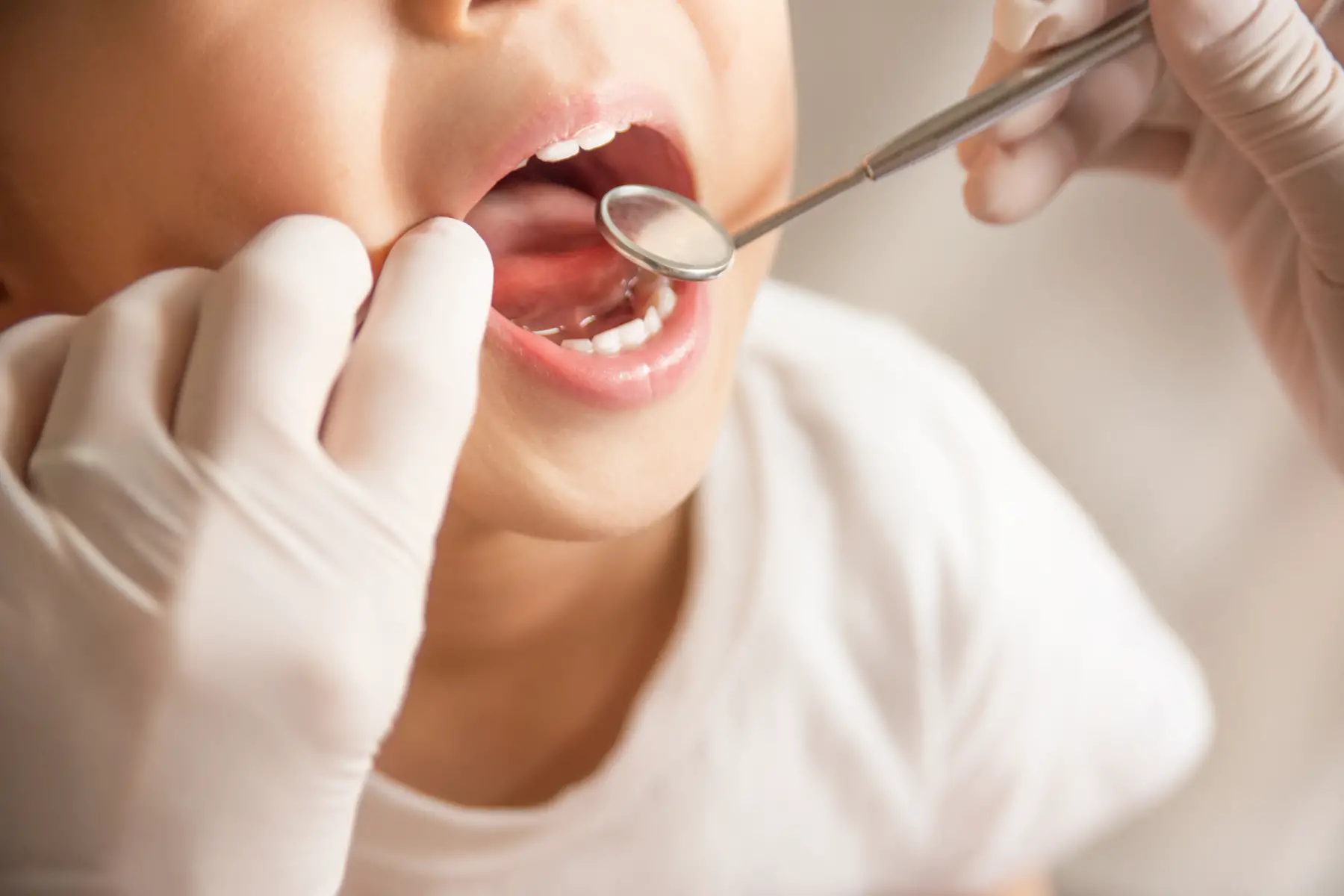
Therefore, if you know that your child will soon require them, you might want to consider taking out more comprehensive dental insurance for them. Just make sure that you do this well in advance as the waiting period for orthodontic care can often be one year.
The registration process for youngsters is the same as for adults, and some practices, such as Tandenfeest and JTV Mondzorg Voor Kids, are dedicated entirely to children.
Emergency dental care in the Netherlands
The most common emergency dental consultations in the Netherlands are for strong sudden toothache, fever after a dental procedure, broken teeth, and wisdom tooth removals. Fortunately, there are emergency dental services on hand, should you find yourself in such a situation.
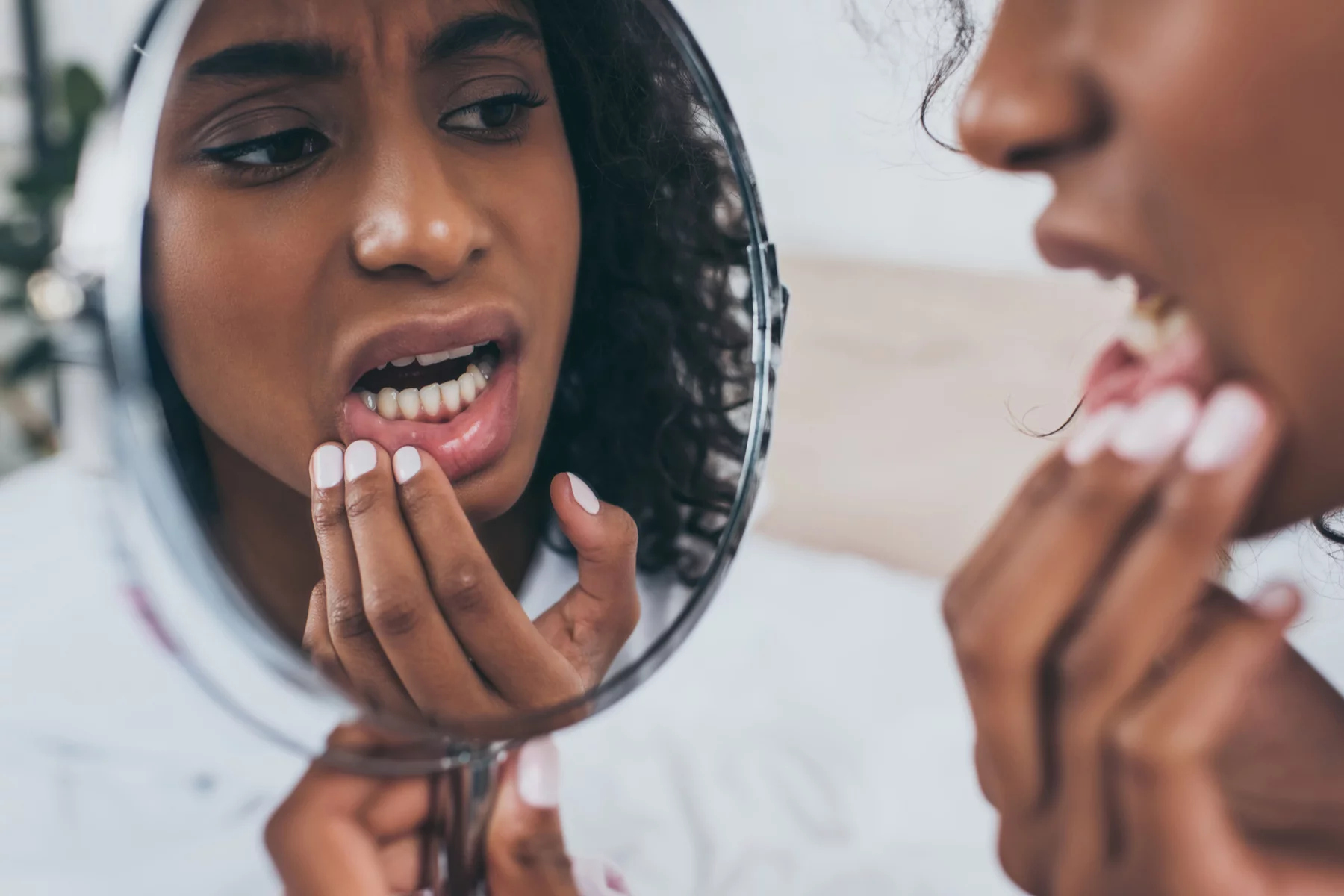
Many dentists provide their own emergency services. You can call your own dentist and a recorded message will inform you what to do. Alternatively, you can call an emergency helpline to find an out-of-hours dentist to assist you.
For instance, Dental365 has several practices located in the regions of Amsterdam, Rotterdam, The Hague, Utrecht, Dordrecht, and Gouda. You can contact them by phone, 24 hours a day, seven days a week, to seek emergency assistance and make last-minute appointments.
A quick Google search will also show you which emergency dental services are available in your area. You can also search for emergency dental practices in every province on the Tandarts website. You should also keep a list of emergency numbers on hand, should you find yourself in need of urgent dental care.
The billing process for a dental emergency works the same as a regular visit to your dentist.
Useful resources
- Dental365 – one of the highest-rated emergency dental services in the Netherlands with locations in all the major cities
- Tandarts – allows you to search for dental practices in your area
- Tandarts Emergency – helps you find an emergency dentist near you


